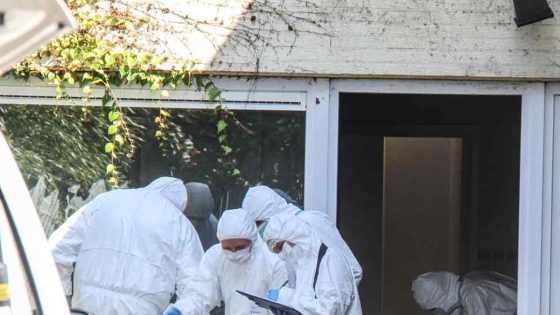On February 20, 2025, Belgian Prime Minister De Wever addressed the ongoing issue of street violence linked to drug-related crime. He emphasized that this violence is a symptom of deeper problems stemming from inadequate measures taken over the past decade. With recent shootings in Brussels resulting in two fatalities, he questions whether enough has been done to tackle organized crime effectively.
- Violence reflects earlier systemic failures
- De Wever addresses recent Brussels shootings
- Organized crime impacts local drug violence
- Focus on source countries and networks
- Calls for strengthened judicial capacity
The Growing Concern of Drug-Related Violence in Belgium
How can nations combat rising drug-related violence? Prime Minister De Wever believes that understanding the origins of this issue is crucial. He points to production sites and financial networks as key areas needing attention.
Strategies to Combat Organized Crime and Drug Violence
De Wever’s approach focuses on addressing the root causes of organized crime. Strengthening judicial capacity is vital, but how do we ensure effective implementation?
Key Areas for Improvement in Combating Drug Violence
To effectively tackle drug-related violence, several strategies need consideration:
- Strengthening Law Enforcement: More resources are needed for police and judicial systems.
- Tackling Financial Networks: Disrupting funding sources for organized crime is essential.
- Cross-Border Cooperation: Collaboration with other nations can enhance efforts against drugs.
- Community Engagement: Involving local communities can help prevent youth from entering gangs.
The Role of International Cooperation in Fighting Drug Trafficking
The fight against drug trafficking isn’t limited to national borders. Countries must work together to dismantle international networks that facilitate these crimes. By sharing intelligence and resources, they can create a more unified front against organized crime.
The Importance of Prevention Programs
A proactive approach through prevention programs can significantly reduce future incidents of violence related to drugs. Education and community outreach play critical roles in steering individuals away from criminal activities. How are we investing in our youth today?
This multifaceted strategy could provide insights into tackling similar challenges faced by other nations, including the united states, where drug-related issues continue to escalate.

































